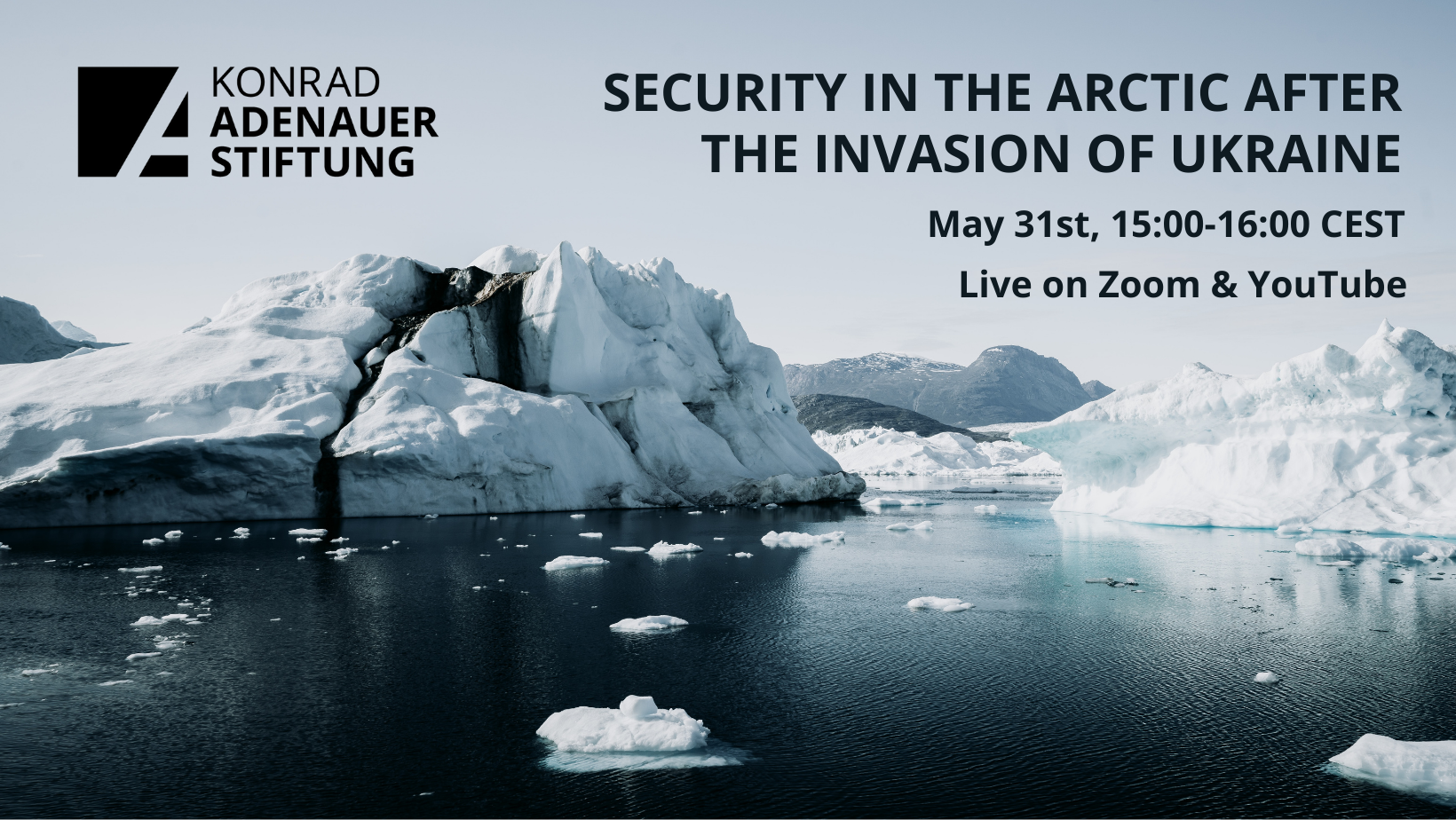Online-Seminar
Details
The Russian invasion of Ukraine and the subsequent changes to European security arrangements has had far reaching consequences. In some cases, existing tendencies have been reinforced, while in others gradual developments have been accelerated. Tensions between Russia and the West resonate in Arctic, where the Arctic Council has opted to “pause” its activities in protest over Russia’s violation of the principle of coexistence and cooperation which form the foundation of the council’s work. With Finland and Sweden poised to join the NATO alliance further changes to the balance of geopolitics seems further set to change. Moreover, long-standing issues relating to climate change and inclusion in Arctic governance continue to unfold.
Interest in the Arctic has already been growing and several countries have published strategy documents that outline their vision for playing a role in the changing Arctic. The UK, France and Germany have all sought to develop stances on the Arctic which recognize the importance of the Polar sea and littoral region for European security and economics. Memorably the Chinese government’s self-designation as a “Near Arctic state” stuck many as a surprising move, although Beijing is becoming ever more interested in playing a role in developments taking place in the region.
This raises questions about the future of the Arctic. Will the war in Ukraine and the European security policy Zeitenwende lead to a new set of security arrangements in the Arctic? Going forward, will cooperation become more difficult in the polar regions? What can states do to further human and geopolitical security in a changing Arctic?



